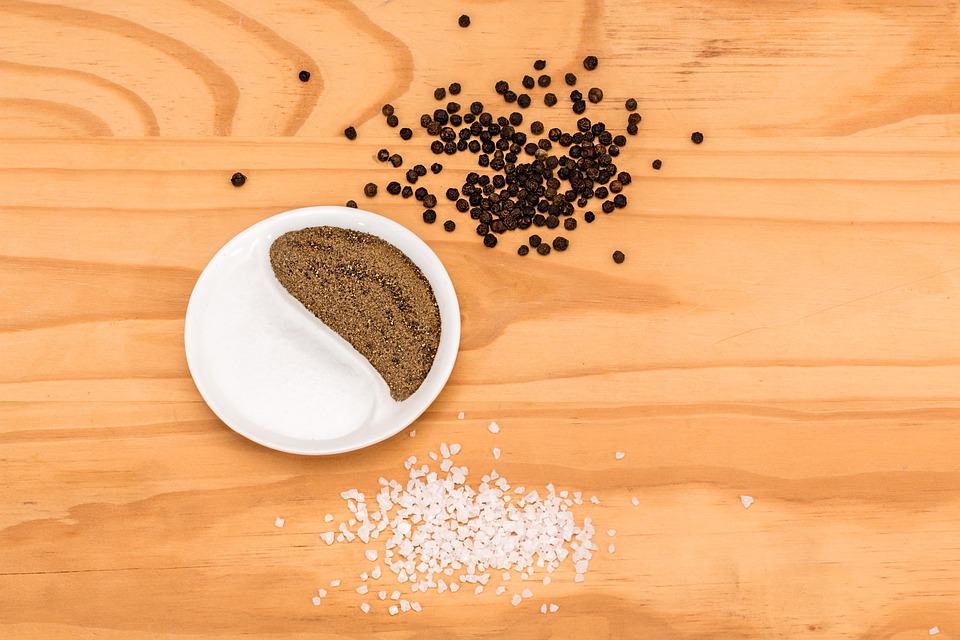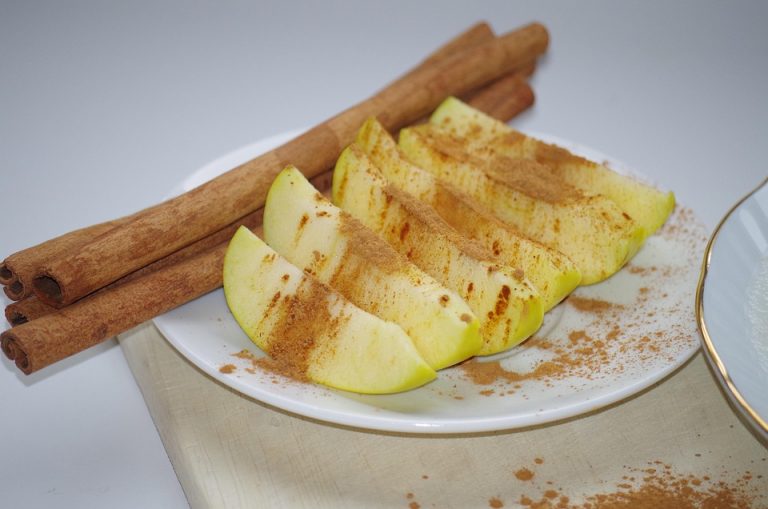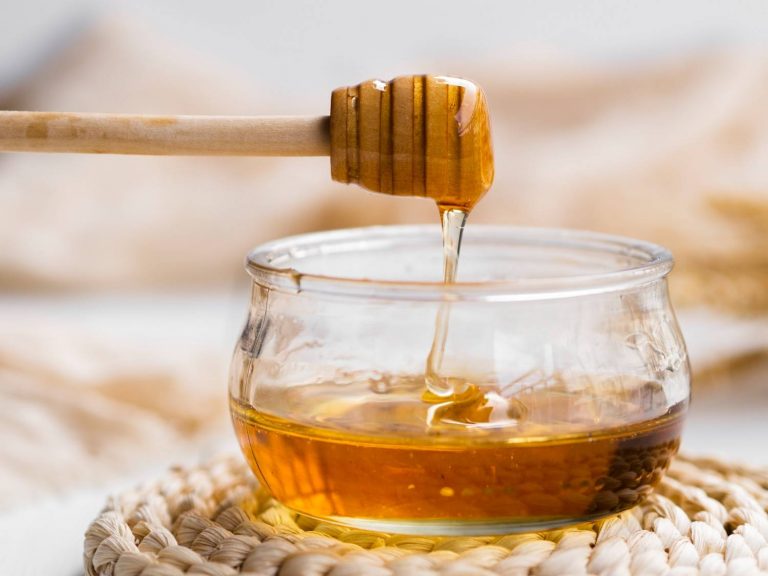Did you know that your gut health can influence everything from your mood to your immune system? It’s true! As someone who loves to cook, I’ve often wondered how I can use simple ingredients to boost my health. One day, while experimenting in the kitchen, I realized that spices—those tiny flavor powerhouses—could play a significant role in gut health. So, let’s dive into five spices that can supercharge your gut health today!
Contents
1. Turmeric: The Golden Wonder
Why It’s Great for Your Gut
Turmeric, often referred to as “the golden spice,” has been used for centuries in traditional medicine, especially in Ayurvedic practices. Its active ingredient, curcumin, is known for its anti-inflammatory properties. Research indicates that curcumin may help reduce gut inflammation, which is crucial for maintaining a healthy digestive system (Vallianou et al., 2018).
How to Use It
Incorporate turmeric into your meals by adding it to soups, stews, or even smoothies. You can also make a comforting turmeric tea. Simply boil water, add a teaspoon of turmeric, a pinch of black pepper (which enhances curcumin absorption), and a bit of honey for sweetness.
Pros and Cons
Pros:
- Anti-inflammatory properties
- Supports digestion
- Rich in antioxidants
Cons:
- Can cause stomach upset in some people
- May interact with certain medications, so consult your doctor if you’re on medication.
2. Ginger: The Digestive Dynamo
Why It’s Great for Your Gut
Ginger is another spice renowned for its gut health benefits. It’s been used for centuries to alleviate nausea and digestive issues. Studies show that ginger can help reduce bloating and improve overall digestion (Mahomoodally, 2015).
How to Use It
You can add fresh ginger to stir-fries, teas, or smoothies. If you’re feeling under the weather, a simple ginger tea can do wonders. Just steep fresh ginger slices in hot water and add some lemon for an extra kick.
Pros and Cons
Pros:
- Eases nausea and bloating
- Improves digestion
- Contains anti-inflammatory compounds
Cons:
- Too much ginger can cause heartburn
- May interact with blood-thinning medications.
3. Cinnamon: The Sweet Spice
Why It’s Great for Your Gut
Cinnamon isn’t just for your morning coffee or holiday baking; it also has properties that can benefit your gut. Research suggests that cinnamon can help regulate blood sugar levels and may even have antimicrobial effects that support gut health (Altschuler, 2018).
How to Use It
Sprinkle cinnamon on your oatmeal, mix it into yogurt, or add it to smoothies. You can also make a delicious cinnamon-infused water by boiling cinnamon sticks in water and letting it steep.
Pros and Cons
Pros:
- Helps regulate blood sugar
- Antimicrobial properties
- Easy to incorporate into various dishes
Cons:
- Cassia cinnamon (common in stores) contains coumarin, which can be harmful in large amounts. Look for Ceylon cinnamon for a safer option.
4. Fennel Seeds: The Gut Soother
Why It’s Great for Your Gut
Fennel seeds have been traditionally used to alleviate digestive issues. They are known to reduce bloating and gas, thanks to their carminative properties. A study published in the Journal of Ethnopharmacology highlighted fennel’s potential for improving digestive health (Bhat et al., 2017).
How to Use It
You can chew on fennel seeds after meals to freshen your breath and aid digestion. Alternatively, brew fennel tea by steeping the seeds in hot water.
Pros and Cons
Pros:
- Reduces bloating and gas
- May help with indigestion
- Pleasant flavor
Cons:
- Some people may experience allergic reactions
- Not everyone enjoys the taste.
5. Cayenne Pepper: The Metabolism Booster
Why It’s Great for Your Gut
Cayenne pepper might be the spice that adds a kick to your meals, but it also has benefits for gut health. Capsaicin, the compound that gives cayenne its heat, can stimulate digestion and increase metabolism (Buchholz et al., 2011).
How to Use It
Sprinkle cayenne pepper on your dishes, or add it to sauces and marinades. Just remember that a little goes a long way!
Pros and Cons
Pros:
- Stimulates digestion
- May boost metabolism
- Rich in antioxidants
Cons:
- Can irritate the digestive tract if consumed in excess
- Not suitable for everyone, especially those with acid reflux.
Spice Up Your Gut Health: Practical Tips
Now that we’ve explored these five gut-friendly spices, here are some practical tips on how to incorporate them into your diet:
-
Start Small: If you’re new to these spices, start with small amounts to see how your body reacts. Gradually increase as you become more comfortable.
-
Mix and Match: Don’t be afraid to combine spices. For example, ginger and turmeric make a great pairing in a tea, while cinnamon and cayenne can spice up your morning oatmeal.
-
Experiment with Cooking: Use these spices in various dishes. Try adding turmeric to rice, ginger to stir-fries, and cinnamon to desserts.
-
Stay Hydrated: Drink plenty of water, especially if you’re incorporating spicy foods like cayenne pepper into your diet. It helps digestion and overall gut health.
-
Listen to Your Body: Everyone’s gut is different. Pay attention to how you feel after eating certain spices and adjust accordingly.
FAQs
1. Can spices really improve gut health?
Yes! Many spices have anti-inflammatory, antimicrobial, and digestive properties that can contribute to better gut health.
2. How much of each spice should I consume?
Start with small amounts—about 1/4 to 1/2 teaspoon per meal—and adjust based on your preferences and tolerance.
3. Are there any side effects to these spices?
Some individuals may experience digestive irritation or allergic reactions. It’s best to consult a healthcare provider if you have concerns.
4. Can I take these spices in supplement form?
While supplements are available, whole spices are generally more beneficial due to their synergistic compounds. Always consult your healthcare provider before starting any supplement.
Conclusion
Incorporating spices into your diet is a delicious way to support your gut health. From turmeric to cayenne pepper, these spices not only add flavor but also come packed with health benefits. Remember, though, that everyone’s body is different. What works wonders for one person might not sit well with another. So, experiment, listen to your body, and enjoy the journey to better gut health!
This article is for educational purposes only and is not a substitute for professional medical advice. Always consult a qualified healthcare provider before making changes to your health routine.
References
-
Vallianou, N. G., et al. (2018). “Curcumin and Its Effect on Inflammation and Gut Health.” Journal of Clinical Medicine, 7(6), 150. https://www.ncbi.nlm.nih.gov/pmc/articles/PMC6313442/
-
Mahomoodally, M. F. (2015). “Traditional Medicines in Africa: An Overview.” Journal of Ethnopharmacology, 175, 1-16. https://www.sciencedirect.com/science/article/pii/S037887411530013X
-
Bhat, S. G., et al. (2017). “Fennel (Foeniculum vulgare): A Review of Its Ethnopharmacology, Phytochemistry, and Pharmacology.” Journal of Ethnopharmacology, 205, 1-16. https://www.sciencedirect.com/science/article/pii/S0378874117305262
-
Buchholz, A. C., et al. (2011). “Cayenne Pepper and Weight Loss: A Review.” Obesity Reviews, 12(1), 32-39. https://onlinelibrary.wiley.com/doi/full/10.1111/j.1467-789X.2010.00705.x
-
Altschuler, J. (2018). “Cinnamon: The Health Benefits and Risks.” Harvard Health Blog. https://www.health.harvard.edu/blog/cinnamon-the-health-benefits-and-risks-2018040513684
Get Your FREE Natural Health Guide!
Subscribe now and receive our exclusive ebook packed with natural health tips, practical wellness advice, and easy lifestyle changes, delivered straight to your inbox.





